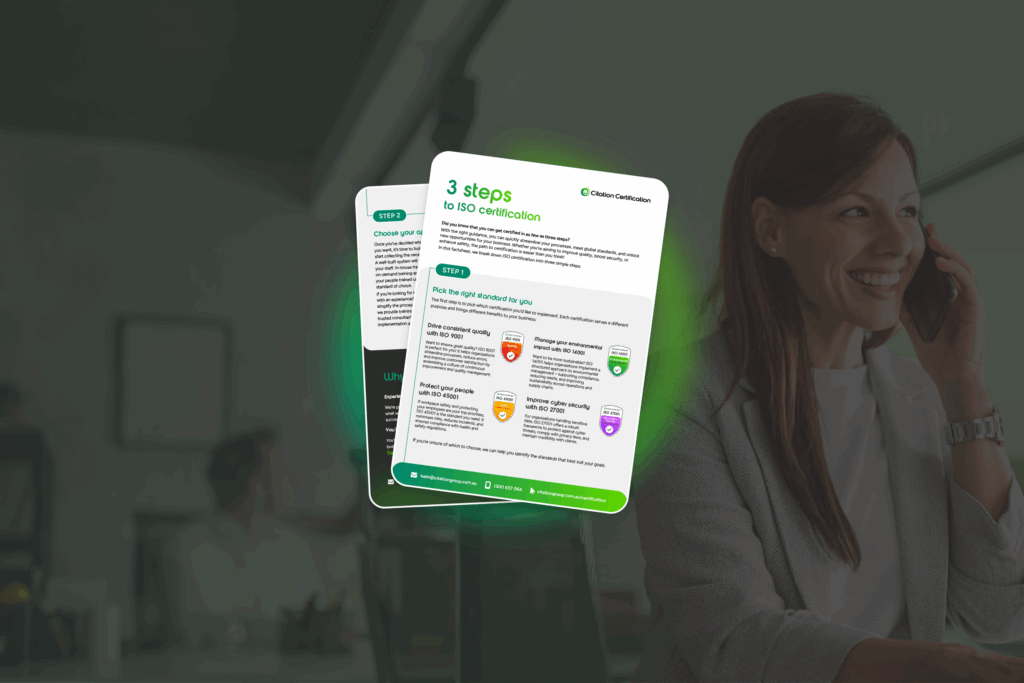
The NSW State Government has announced proposed new laws aimed at cracking down on dodgy bosses by imposing significant jail time for employers who are found liable for the death of an employee.
As of 7 December 2023, 147 Australian workers have been fatally injured while at work with NSW recording 41 as of July. These long-awaited laws drastically beef up the consequences and punishments for negligent employers in the State.
Here our experts break down this proposed legislation and what it’ll mean for employers going forward.
So, what will these proposed new laws enforce?
The State Government’s announcement will bring NSW into line with other Australian States that already treat workplace deaths as manslaughter. In Victoria, an individual who’s found guilty of workplace manslaughter faces fines of upwards of $16 million and 20 years jail and, similarly, in Queensland negligent employers face up to 20 years in prison.
The introduction of industrial manslaughter not only amends NSW’s model Work Health and Safety (WHS) laws but also allows a corporation to be held liable for the death of a person that’s caused by the business’s employees within the scope of their work. The severity of these penalties aims to, in the words of Minister for Work Health and Safety, Sophie Cotsis, “acknowledge the significant pain and suffering of families and loved ones of workers who have died in preventable workplace incidents.”
What does this mean for my business?
WHS laws are crucially important, and meeting your employer obligations can mean the difference between life and death for your employees. Businesses must remember that whether operating a business as a corporate PCBU (Person Conducting a Business or Undertaking) or an individual PCBU, an individual can still be prosecuted for industrial manslaughter.
It wasn’t too long ago that similar laws in Queensland resulted in the owner of a small generator-servicing business becoming the first person in the State to serve jail time since the enactment of industrial manslaughter laws.
When will these laws come into place?
These proposed laws are scheduled to be tabled in the first half of 2024.
Experience the Citation HR difference
Inside our industry-leading HRIS system, Citation HR Software, we house hundreds of legally sound documents from workflows and checklists to employment contracts and policies – all resources are regularly checked by a team of employment law professionals to ensure they’re compliant. Along with our extensive library of resources, our all-in-one HR solution offers unlimited and untimed access to workplace relations experts 24 hours a day, seven days. a week who can offer tailored advice, unique to your industry, business, and issue at hand.
About our author
Zaynab Aly is a Senior Workplace Relations Consultant at Citation Group. She has a particular interest in the retail industry and regularly provides advice on workplace matters to find solutions for clients.








